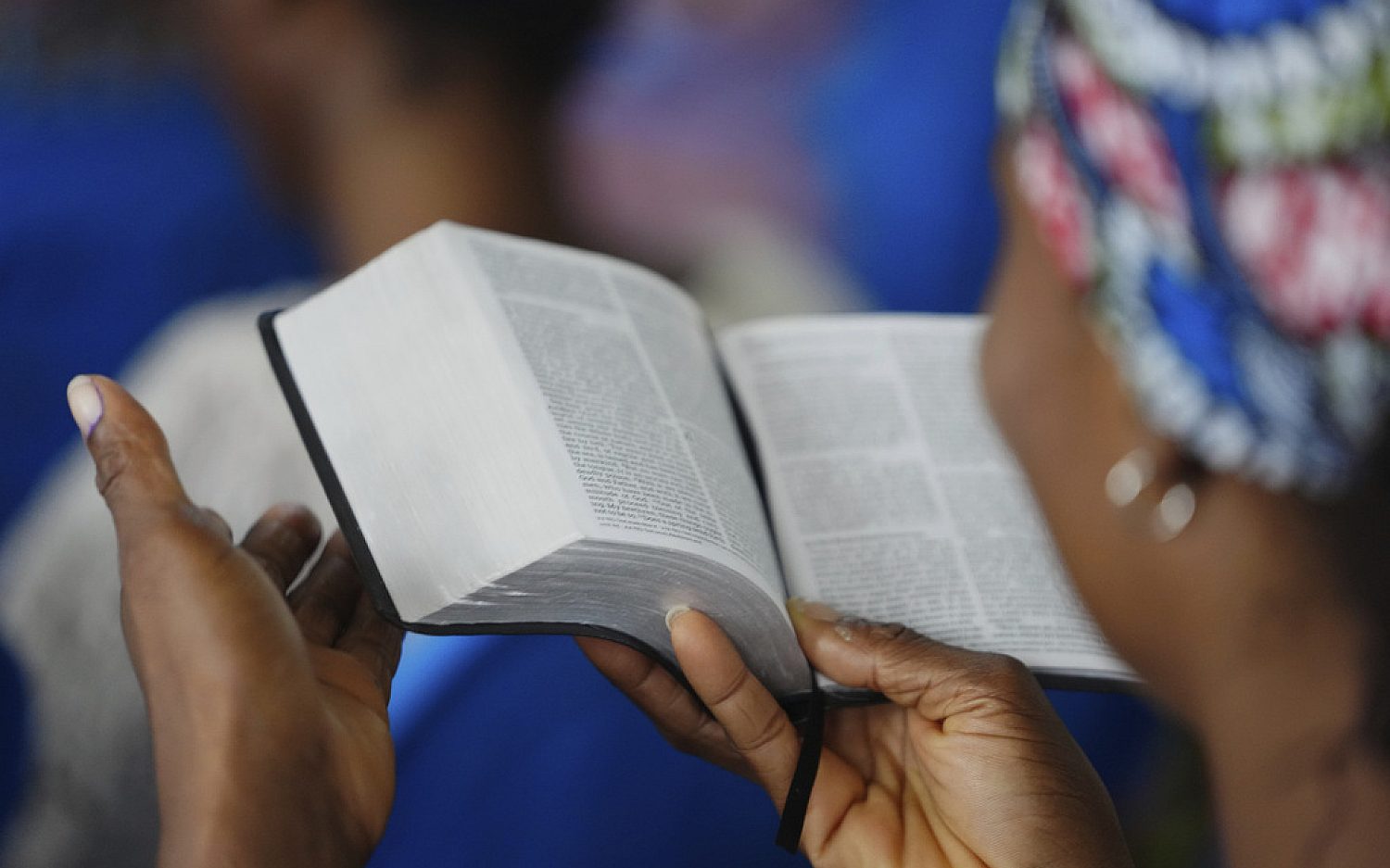Why isn't the UN protecting religious liberty whistleblowers?
NEW YORK—Heiner Bielefeldt, the UN special rapporteur on freedom of religion or belief, said the UN is not doing enough to protect its sources who report religious freedom abuses to the body.
“The important work is done by people on the ground,” Bielefeldt said at a lunch in New York with staff from nongovernmental organizations. “Rapporteurs come, rapporteurs go.”
As part of Bielefeldt’s job (which is unpaid), he traveled to Vietnam this year to gather information about abuses there. One of his sources was threatened and he suspended the fact-finding after assurances from the government that there would not be reprisals against the source. But the source was run over by a motorcycle, leaving him with many broken bones. He was thrown out of his home and refused medical treatment.
“What can I do? … I felt like bumping my head against the wall,” said Bielefeldt. The leadership of the UN Human Rights Council was “not supportive,” he said. “I am very frank about that. … We really need to do more. It directly affects the credibility of the UN if we are not able to protect our own sources.”
Such comments are rare at the ever-diplomatic UN. Bielefeldt, a German human rights professor, has always been clear-spoken, which has won him much admiration from religious freedom advocates at the UN. But he isn’t a firebrand because he understands the political nature of the institution, even on human rights issues.
“It’s really about horse trading and cow trading and sheep trading and whatever trading, and power balances, the strong ones and the weak ones,” he said. “It’s a power game and there’s a lot of hypocrisy.”
His strategy in a politically weak position is to take rhetorical commitments for more than they are: “Take them seriously. Entangle state representatives in their own rhetoric. Turn rhetorical commitments into legal language, use the legal language to build institutions. We can’t wait for the politicization to ebb down. It’s being aware of the game that’s taking place, and at the same time, it’s playing innocent.”
At the lunch with Bielefeldt was UN Special Rapporteur on Minority Issues Rita Izsak, who recently has worked closely with him. Izsak has been frustrated with the UN’s reporting system. She had written a report on Ukraine but wasn’t allowed to release it for a year, by which time the information was outdated.
“People still have no idea how to use us,” Izsak said. She has struggled to convince member states they have a responsibility to protect religious minorities, not just ethnic minorities.
Bielefeldt said the prominence of religious minorities in the news recently has brought slightly more attention to the issue at the UN, but the attention is often “short-lived.”
An actual newsletter worth subscribing to instead of just a collection of links. —Adam
Sign up to receive The Sift email newsletter each weekday morning for the latest headlines from WORLD’s breaking news team.





Please wait while we load the latest comments...
Comments
Please register, subscribe, or log in to comment on this article.